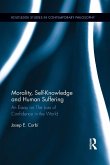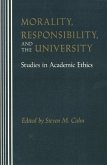This investigates the relevance of habits in education. Philosophers, from Aristotle to Montaigne to Rousseau to Dewey, positively and negatively portray habits. Philosophers of education have delineated habits worth developing and habits detrimental to the project of education. In the current era of high-stakes testing and accountability, there has been an increased interest in habits. Yet, the habits of interest in many educational settings today are often regimented and un-reflectively repetitive. Lists of habits that we can widely recommend and repeat across countless contexts are deemed useful because they are easily measurable and facilitate assessment, but they can lead to a practice of education that is inhumane and a profession of teaching that is marked by growing attrition. A philosophically-grounded conception of habit has the potential to humanize learning. This study seeks to identify habits that are dynamic and responsive, those that can become the bases for lifelong learning. An account of dynamic habits and ways of modifying habits through experience and reflection has twofold implications for teachers. First, by reflecting on what they have learned and imagining new possible directions for their practice, teachers initiate the critical process of reconstructing habits, which allows them to improve their practice. Second, by cultivating dynamic habits, teachers are better equipped to model and actively teach thinking and reflection in the classroom with their students.

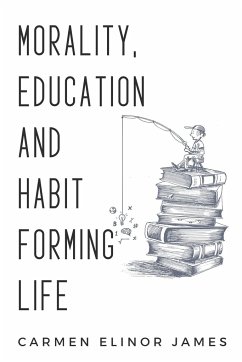
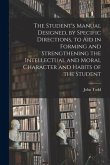
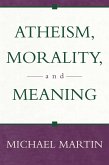
![Essays on the Principles of Morality, and on the Private and Political Rights and Obligations of Mankind [microform] Essays on the Principles of Morality, and on the Private and Political Rights and Obligations of Mankind [microform]](https://bilder.buecher.de/produkte/65/65533/65533606m.jpg)
